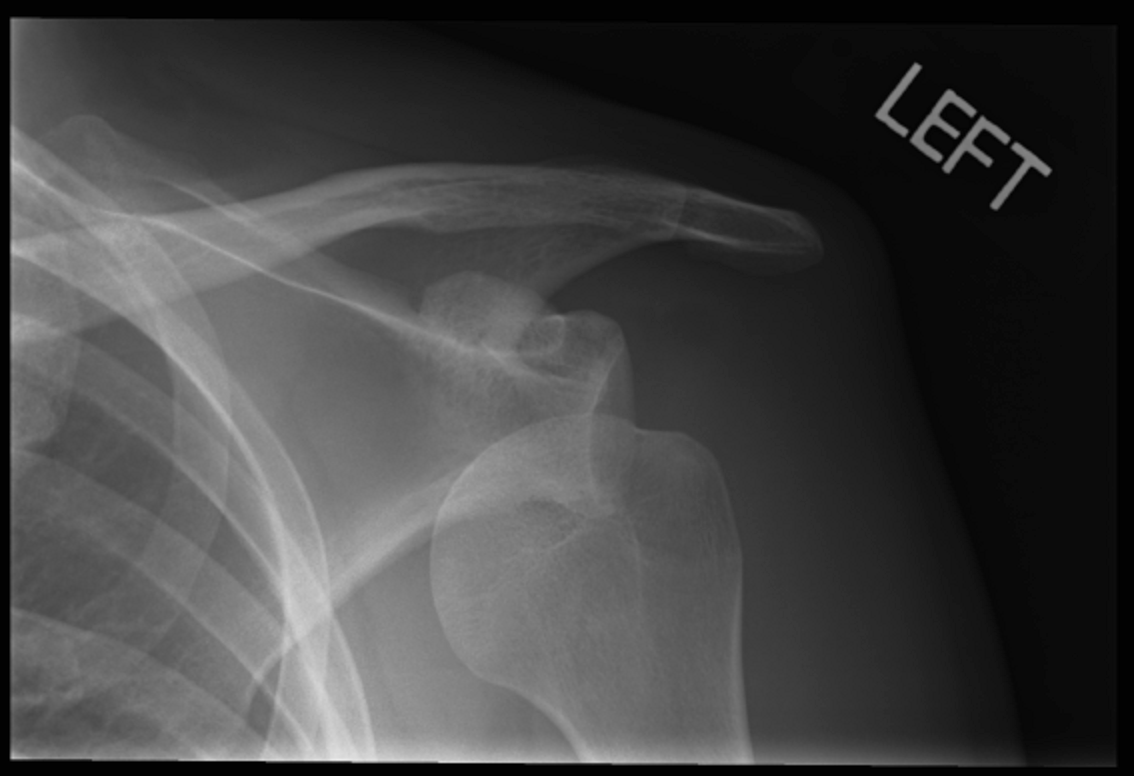Do you know what the most commonly dislocated joint is? Is it the ankle? No. Is it the knee? Nope! It’s the shoulder! This injury is especially relevant in sports, accounting for almost half of the dislocations. So, let’s get into the specifics. A dislocated shoulder is when the upper arm bone, called the humerus, pops out of the shoulder socket. Depending on the severity of the injury, a partial or complete dislocation of the humerus from the socket can occur.
The shoulder joint is the most mobile joint in the body, which is also the reason why it’s commonly dislocated. The causes of a dislocated shoulder include a sudden and forceful impact or extreme rotation beyond its natural limit. This type of injury is especially prevalent in contact sports such as American football. In addition, falling down or driving during a car crash can also cause the injury. If you do dislocate your shoulder, some symptoms you’ll experience are swelling, numbness, and loss of shoulder mobility. Furthermore, you may feel a tingling sensation down your arm or neck area.
Image Source: Stuart Franklin
Treatment for a dislocated shoulder starts off with closed reduction, which involves moving the upper arm bone back into the shoulder socket. Immediately afterward, you should feel a relief in pain. The next treatment step is usually to immobilize the shoulder by wearing a splint for a few weeks. After symptoms start to subside, you’ll perform rehabilitation exercises to regain shoulder strength and prevent repetitive dislocations. If you still experience pain or your shoulder continually dislocates, surgery will be required.
Ways to prevent dislocated shoulders include being cautious of sudden impacts or awkward falls on the shoulder. In addition, if you play contact sports, remember to wear properly-fitted protective gear. And most importantly, maintain consistent exercise and conditioning to increase the strength of your shoulder. Ultimately, be mindful of injuries if you’re playing sports, and if you do get injured, take the necessary steps to fully recover.
Feature Image Source: dislocated-shoulder by Gary Owen










